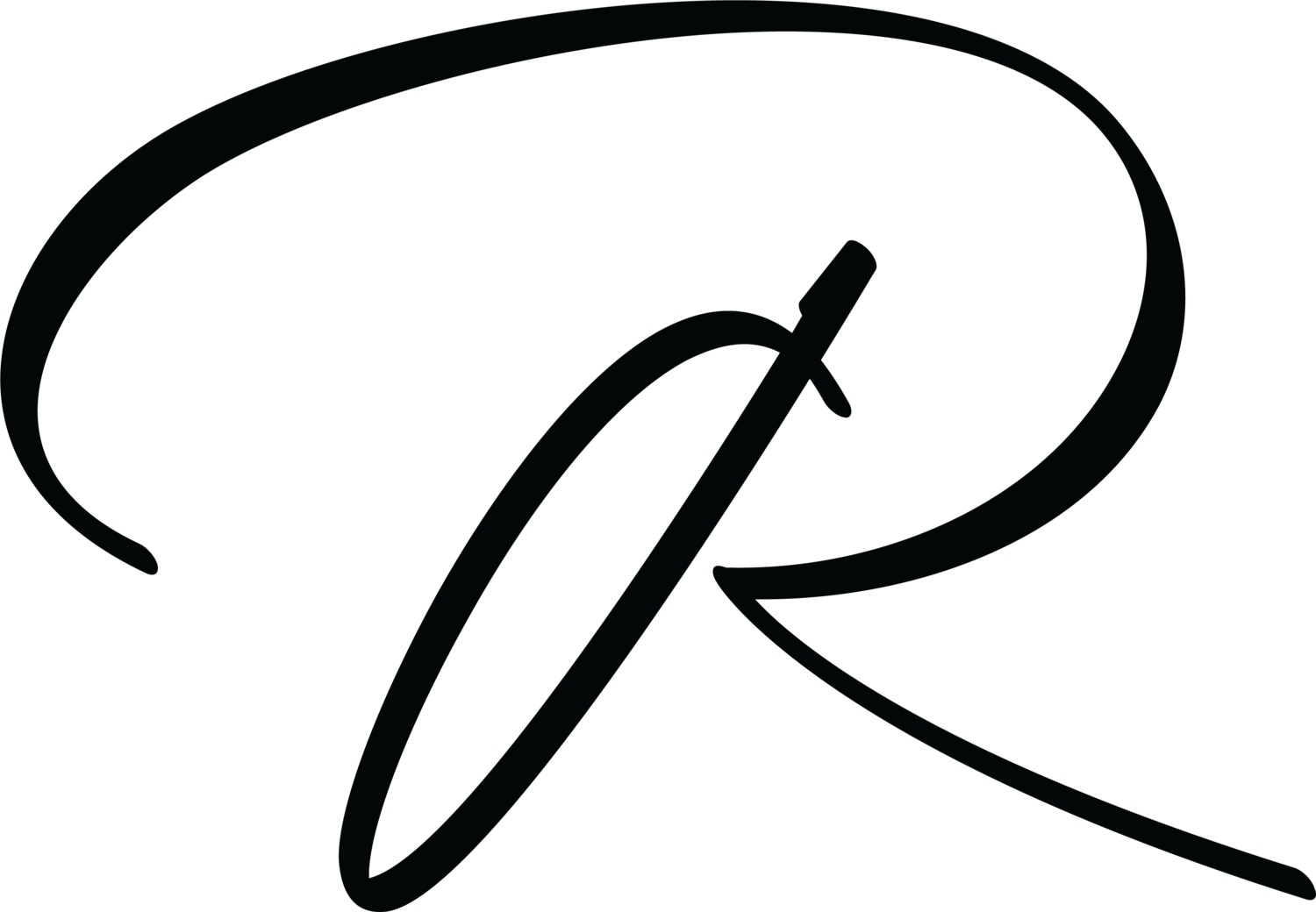Building Blocks of Good Health: Protein
There are 7 building blocks to good health: protein, calcium, iron, zinc, vitamin D, vitamin B12 and Omega 3 fatty acids. I'd like to focus this week on the most controversial and often talked about building block, protein. Protein is an essential nutrient that is responsible for the building, maintenance and repair of almost all of our bodies tissues. Proteins are made up of amino acids most of which can be readily made by our bodies. There are nine amino acids that can only be found in food which are called essential amino acids.
There are two issues that often come up when discussing protein, the amount and the source of protein. First, let's address the amount of protein we should consume. There are so many diets that advocate a high protein intake as a way to health and weight loss like the Atkins and Ketogenic diets. However, we actually only require 10% of our calories to come from protein. If protein in excess of this amount is consumed then the body simply excretes the excess protein. This becomes an issue when you constantly eat too much protein because the kidneys, in particular, have to work harder than they should to excrete the excess protein. Generally, getting enough protein is not a concern unless you fall into one of 5 categories. The first is someone who eats a lot of processed food. These foods are devoid of nutrients like protein so even if you are consuming sufficient calories the quality of those calories is severely lacking. The second category is children who need a bit more protein since they are growing so rapidly. The third category is athletes for much the same reason as children. Athletes are constantly breaking down muscle tissue when training and need more protein for sufficient recovery. The fourth is pregnant or lactating women since they are supporting the growth of a child. Lastly, seniors need more protein because they don't absorb and utilize protein as well. The rest of us get plenty of protein so stop obsessing about how much protein you get every day!
The second issues revolves around the source of the protein. The accepted answer is through animal products like chicken, beef, fish, eggs and cheese. However, these sources are devoid of fiber and micronutrients like vitamins and minerals. Additionally, they come packaged with saturated fat and cholesterol which have been linked with an increased risk of cancer, diabetes and heart disease. A plant-based diet will easily allow you to obtain the amount of protein you need without the negatives that accompany the equivalent plant-based sources. So what are some good sources of plant-based protein?
Legumes or beans
Whole grains
Seeds and nuts
Vegetables
The requirements needed and how to achieve the appropriate amount can be found in more detail with this link from Kris Carr. My best advice though, is not to get too obsessed with your protein intake. If you eat a well-balanced whole-foods plant-based diet you will automatically get the appropriate amount without even trying!

